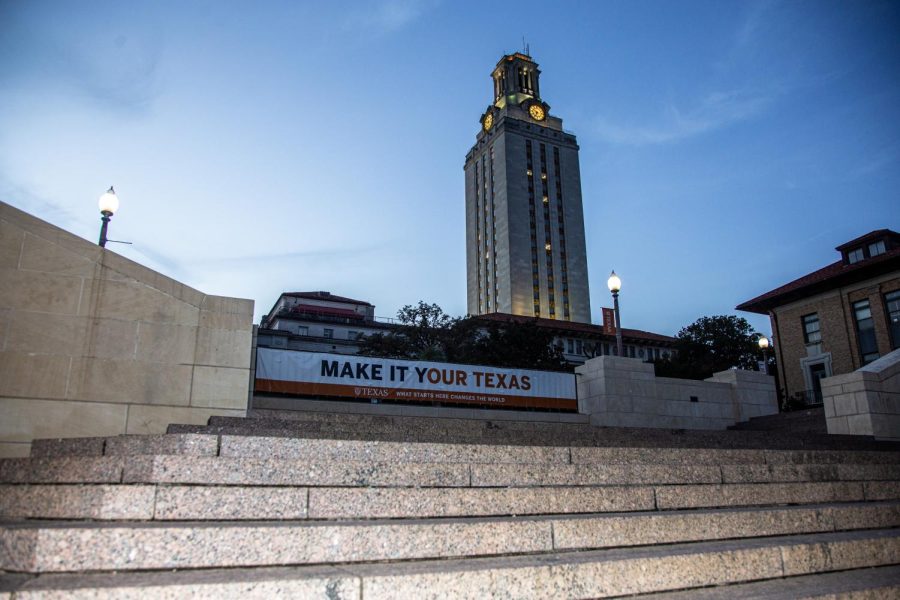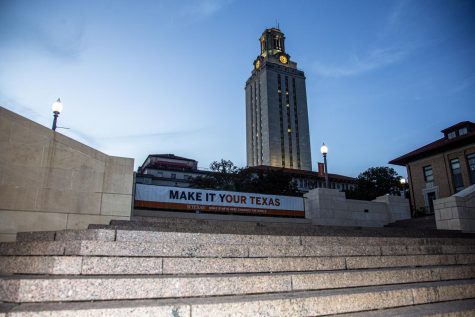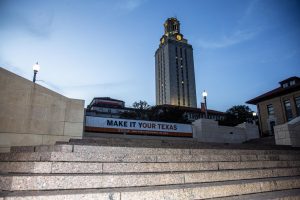Students call for paid field work, living wage after School of Social Work abolishes working group
March 3, 2023
Students at the FED UP Coalition met with administration at the Steve Hicks School of Social Work on Feb. 14 for the latest in a string of scheduled bi-weekly meetings. However, what the students didn’t know was that this meeting would be their last.
According to a statement posted by FED UP four days later, the administration announced at the meeting that they planned to dissolve the working group altogether.
FED UP member Callie Kennedy said that the coalition’s working group with the school was an important avenue for collaboration, resulting in a reduction in required field work hours, increased coaching resources and the establishment of funds to support students in field work.
“We had an open channel of communication with administration,” said Kennedy, a social work and Latin American studies graduate student. “We accomplished a lot together.”
The FED UP Coalition, an organization at the School of Social Work, advocates for fair wages and more support for social work students. FED UP, established as a Payment for Placements, hopes to establish a living wage stipend for field internships, a graduation requirement at all social work programs.
Social Work students are required to complete 480 hours of field internship work for the undergraduate BSW program and 1,020 hours in the field for the graduate MSSW program. Field assignments, the majority of which go unpaid, present a significant financial burden for students.
In an emailed statement, Allan Cole, dean of the School of Social Work, stated that the school intends to increase financial support for students and remains his primary goal.
According to a survey published by FED UP in spring of 2022, only 28% of respondents received stipend from their field work agency, and only 27% received field scholarships from the University. 83% of respondents reported feeling worried about affording monthly expenses and 86% of respondents said they did not think the school’s administration took students’ financial hardships seriously.
Students at FED UP, however, hope that administration can start collaborating with them again.
“They told students they heard us and they believe that this is a crisis,” Kennedy said. “What we are asking now is that they can return to working with us on this issue.”
A social work and women’s and gender studies junior, who wishes to remain anonymous, said students are discouraged by the poor conditions of field work and the lack of help from the school.
“It’s really frustrating that you’re in a program that values mental health, serving communities and trying to make the place a better world when they’re currently not helping you reach that goal and becoming efficient social workers,” the social work junior said.
Kennedy said that while the lack of support from the University hurts students, it also negatively impacts the community at large.
“This is in direct contradiction to the values that the School of Social Work espouses with regard to social justice and equity,” Kennedy said. “When we as social workers are burned out and incapable of showing up for the people that we work for, then they are harmed too.”





